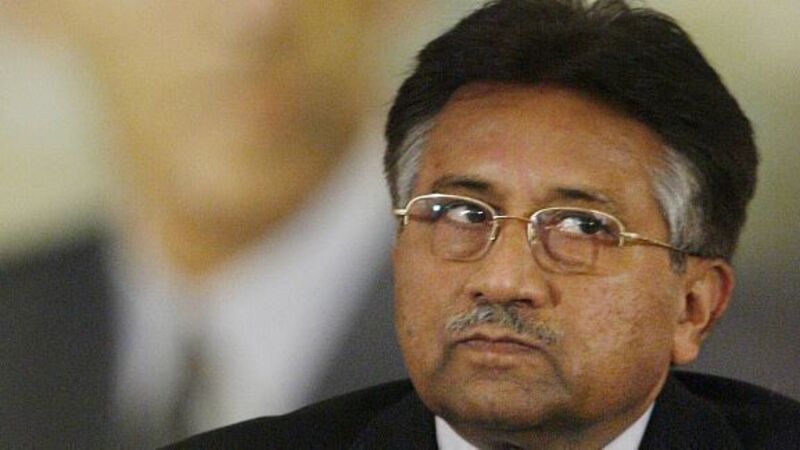No immunity deal for Musharraf

Pakistan's ruling coalition leaders are expected to meet today to discuss replacing Pervez Musharraf, as a minister stressed that the government had not made an immunity deal with the embattled former president.
Mr Musharraf resigned yesterday in the face of possible impeachment.














